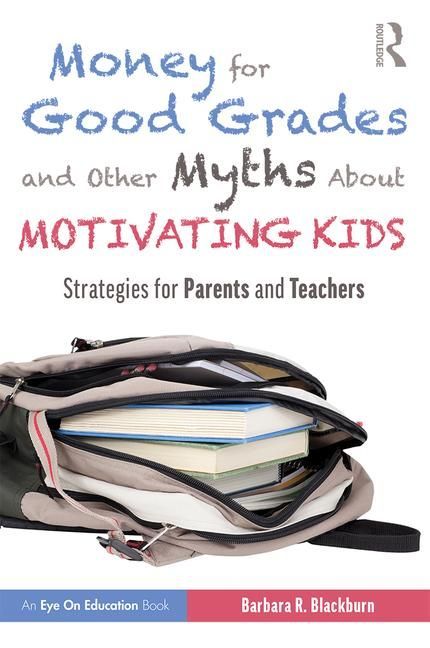For the our next blog discussion, I’m going to turn my attention to parents and share information from my book for parents: Money for Good Grades and Other Myths About Motivating Kids.
This two-part blog is designed with parents in mind to offer them support as a crucial part of their child's learning journey. However much of the discussion is also transferable to teachers and student engagement. The discussion is also beneficial to building the important relationship between parents and teachers that will always be of benefit to student outcomes.
Parents often use rewards with their kids. Despite their popularity, are there problems with rewards? Actually, yes. There are five negative aspects of rewards.





















